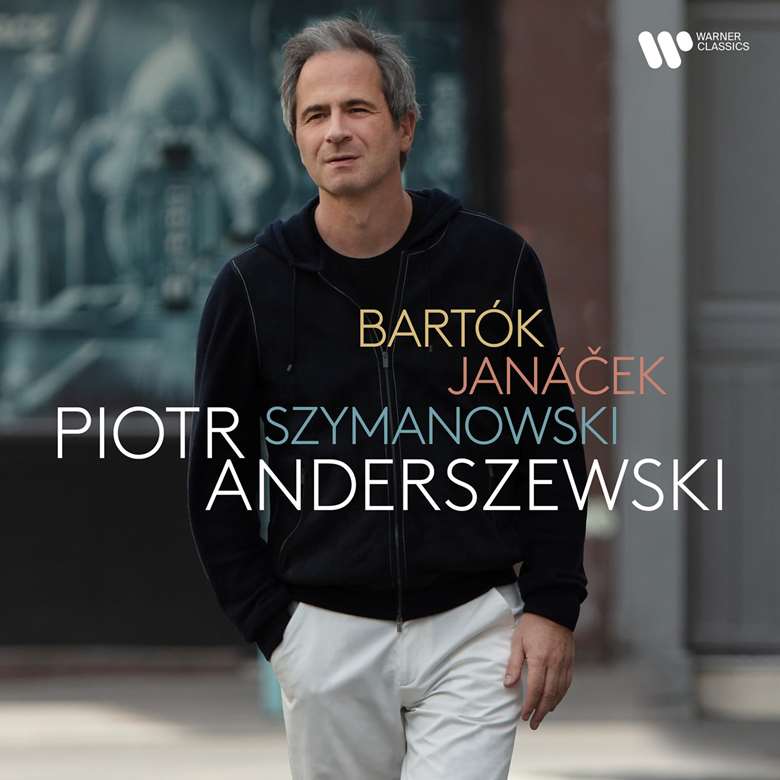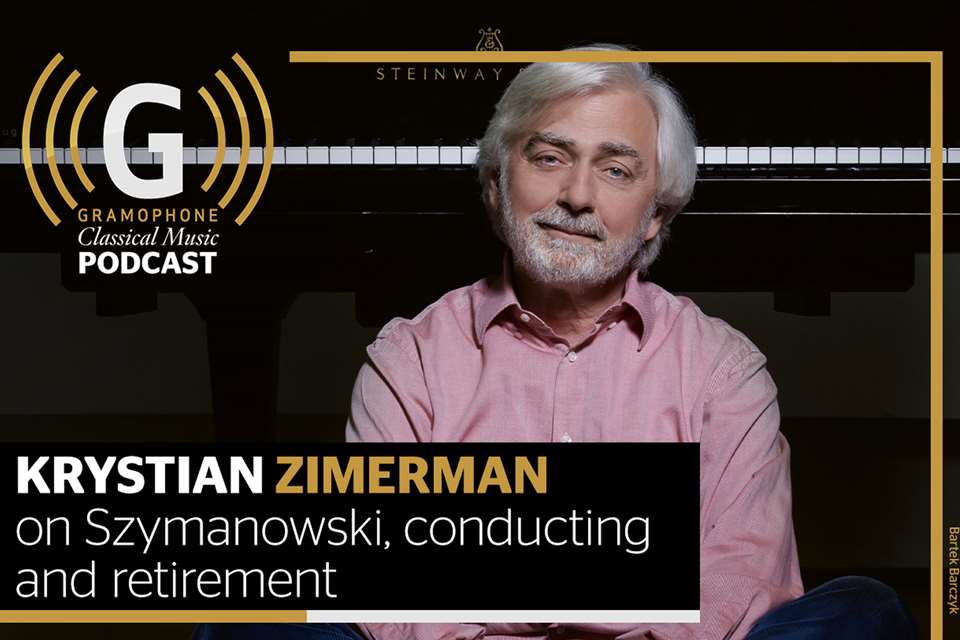Bartók: Bagatelles. Janáček: On an Overgrown Path, Book 2. Szymanowski: Mazurkas, Op 50 (Piotr Anderszewski)
Bryce Morrison
Friday, March 8, 2024
This is an extraordinary album; hardly for those of a nervous disposition or for late-night listening

Register now to continue reading
This article is from International Piano. Register today to enjoy our dedicated coverage of the piano world, including:
- Free access to 3 subscriber-only articles per month
- Unlimited access to International Piano's news pages
- Monthly newsletter







